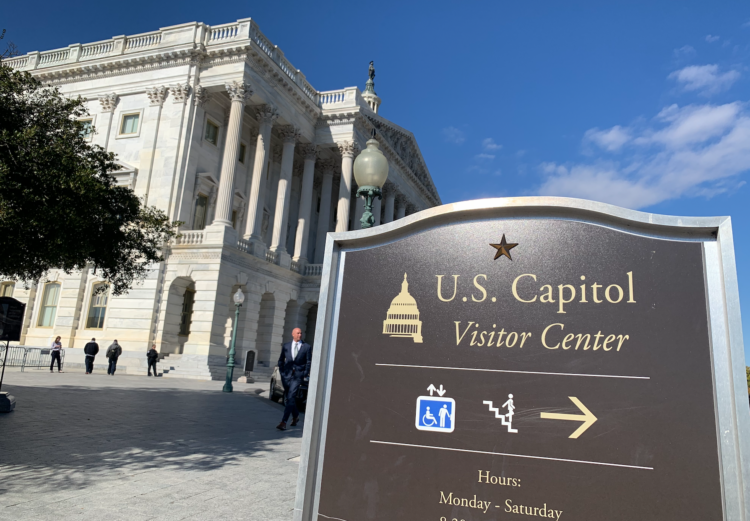
The full House this week approved a multi-billion dollar Department of Energy appropriations bill for fiscal year 2023 that would reorganize the book-keeping for the federal interim storage budget.
The House version of the 2023 Energy and Water Appropriations Act, part of a package of six spending bills approved on a party-line, 220-207 vote Wednesday afternoon, proposed shifting funds for DOE’s interim storage activities to the Integrated Waste Management Systems subprogram from the agency’s Nuclear Waste Disposal account.
As requested, the measure proposes roughly $53 million for Integrated Waste Management Systems, some $35 million more than the $18 million Congress appropriated for the subprogram for fiscal 2022. Most of that is interim storage funding previously appropriated to the Nuclear Waste Disposal account, which under the House’s 2023 spending bill would get only $10 million for safeguarding the moribund Yucca Mountain site.
That would be about $17 million, or 63%, less than the roughly $27 million the Nuclear Waste Fund Oversight program got in fiscal 2022, when Congress insisted on keeping DOE’s interim storage funding in the disposal account.
The White House attempted a similar funding shuffle for fiscal year 2022, but Congress declined to go along.
Next, the House’s budget bill must be reconciled with competing Senate proposals, which as of Friday the upper chamber’s Appropriations Committee planned to publish by the end of July.
Overall, the House’s budget bill proposed roughly $1.8 billion to fund civilian nuclear energy and waste programs at DOE’s Office of Nuclear Energy, around $110 million more than both the White House’s request and the 2021 appropriation. That includes proposed increases for DOE’s advanced nuclear development program and fuel cycle research and development, among others.
The House bill also recommended that the Nuclear Regulatory Commission get roughly $911 million in funding for the 2023 fiscal year: roughly 4.5% more than the 2022 budget of about $877.7 million.
NRC typically recuperates most of its budget in licensing fees. The commission said in budget justification documents published in March that it expects to receive around $792 million from licensees in 2023, leaving its net appropriations request for the upcoming fiscal year at just about $137 million.
If the House budget becomes law, the Nuclear Waste Technical Review Board (NWTRB) would get around $3.9 million for fiscal 2023, or 2.6% higher than the $3.8 million or so the country’s independent nuclear waste auditor got in 2022.